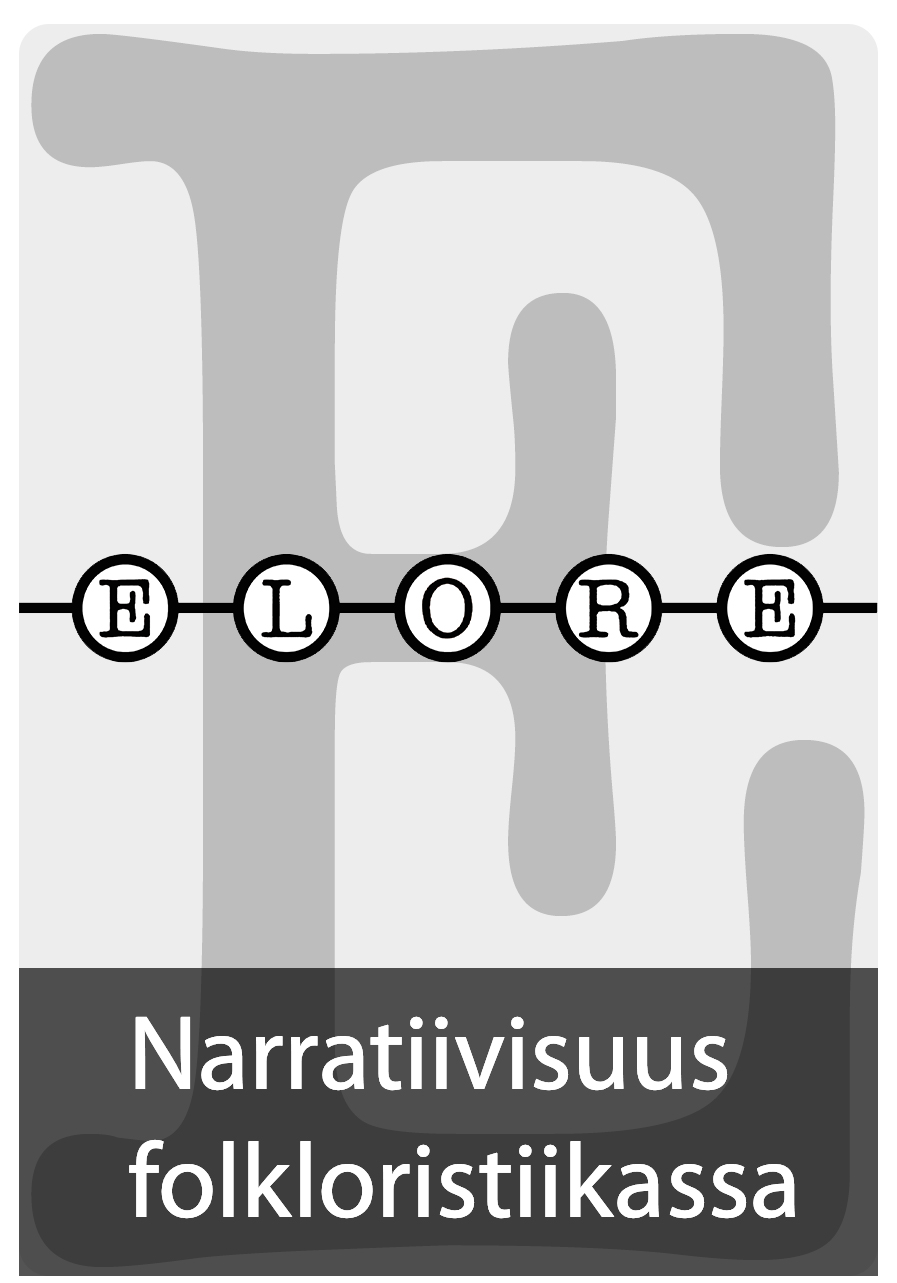Horkka ja uskomustarinat
DOI:
https://doi.org/10.30666/elore.78630Abstract
This article investigates ague (malaria) in Finnish-Karelian belief legends. The author examines the legends that tell about ague in rural Finland. The concept of belief legends is hard to define, as the legends are very heterogeneous in their form and content. As the comparative method is one of the best possibilities to reveal the characteristics of a certain culture, the author uses it in examining Finnish and Estonian ague legends. The research material, altogether 1000 text units, originates from Finnish and Estonian Folklore Archives. Typically, in Finnish-Karelian tradition ague was present in the form of a man. The disease-spirit had an ability to transform, while it entered a human body. During the day it called its victim in a familiar voice. It was possible to imprison the transformed ague spirit, or take it on a horse to a farm nearby. The author suggests that these legends shared the information about the aetiology of ague disease. Furthermore, these legends enabled to acquire basic knowledge about the causes and symptoms of the disease, also providing guidance on how to avoid and defeat it. After ague had become eradicated as a dangerous disease, the legends were told more due to their entertaining function.Downloads
Published
How to Cite
Issue
Section
License
The journal follows Diamond Open Access publishing model: the journal does not charge authors and published texts are immediately available on the Journal.fi service for scientific journals. By submitting an article for publication on Elore, the author agrees, as of September 2024, that the work will be published under a CC BY 4.0 licence. Under the licence, others may copy, transmit, distribute and display the copyrighted work and any modified versions of the work based on it only if they attribute the licence, the original publication (link or reference) and the author as the original author. Any modifications made must be acknowledged.
Copyright of the texts remains with the authors, and self-archiving (Green OA) of the published version is allowed. This also applies to texts published before September 2024. The Green OA publication must include Elore's publication details.
The metadata for published articles is licensed under Creative Commons CC0 1.0 Universal.





